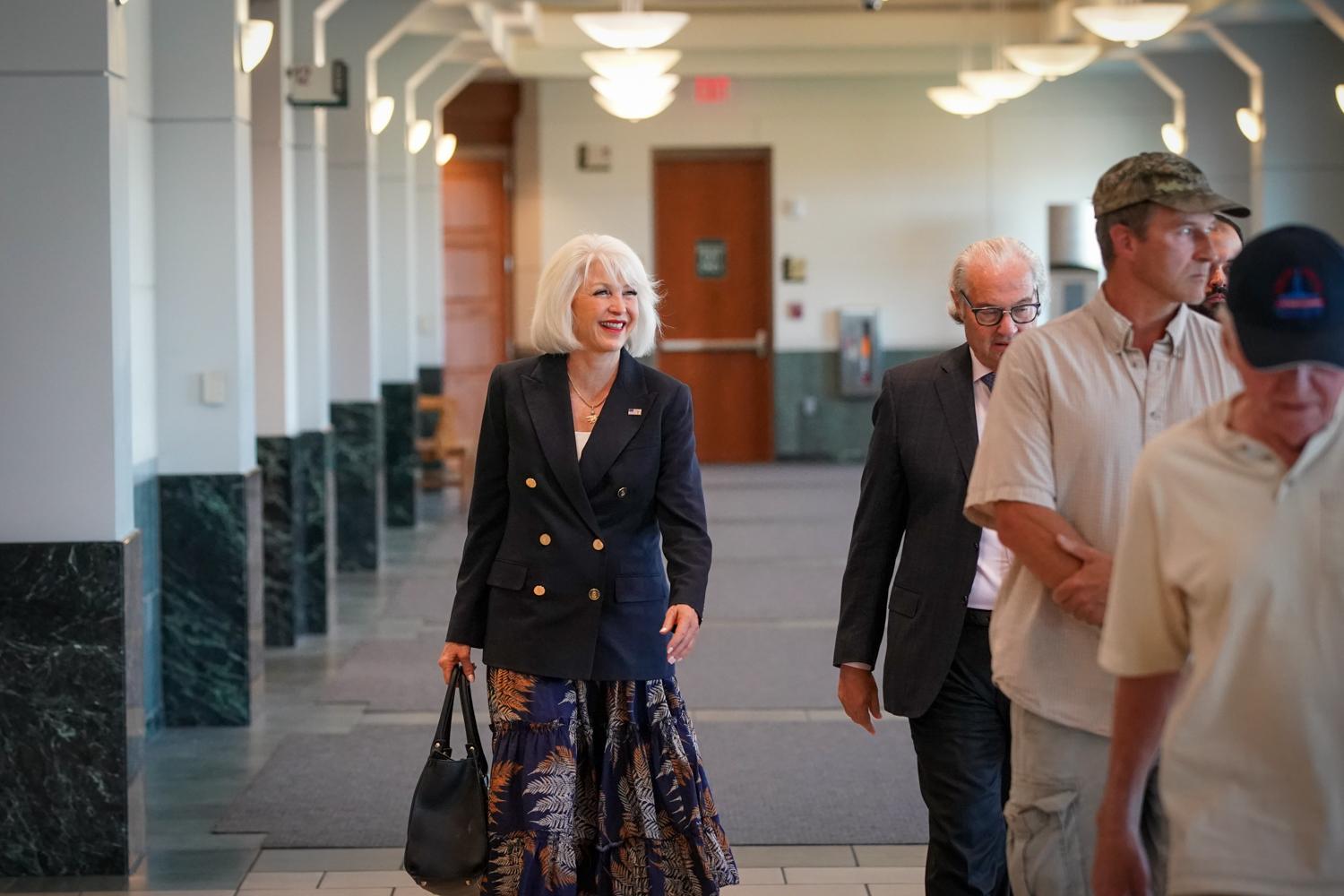
Lucy Bradley-Springer was named to the Presidential Advisory Council on HIV/AIDS during the final two years of the Obama administration. When Donald Trump was elected in November, the associate professor of infectious diseases at the University of Colorado Denver said she thought she would just "fade away." But Bradley-Springer was asked to stay on, and she agreed to, despite what she called internal reservations.
That came to an end last week, when Bradley-Springer and five other members of the council resigned, saying the group lacked a strategy to combat the HIV/AIDS epidemic.
Bradley-Springer said she is also concerned about the healthcare plan that recently passed the House of Representatives and is currently being amended in the Senate by a group of Republicans that includes Colorado's Cory Gardner. Bradley-Springer said she and the other resigning members feel the bill, as currently constructed, would deny healthcare access to HIV/AIDS patients in need of services.
Two years ago, Colorado, and the city of Denver joined the Fast Track Cities Initiative to end the AIDS Epidemic by 2030.
Related:
- How Denver Hopes To End AIDS In The City By 2030
- Didn't Know Denver Had An AIDS Memorial? You're Not Alone
Conversation Highlights With Lucy Bradley-Springer
On why she decided to resign from the Presidential Advisory Council:
"I saw some of the actions of the current administration and especially the people who were out into positions of power, especially on the Cabinet...and I was looking at their thoughts on things that impact the HIV epidemic...things like health care, which was the very biggest one, but also about women, women's health care, about people who are not white, not middle class, heterosexual, and actually, not male...there were a lot of us who felt like we were being discriminated against."
On why she didn't feel like she could be more effective working from inside the administration:
"I don't know if it would have made a difference if I had stayed or not -- I'm hoping it makes a difference that I'm leaving and we have a chance to have these discussions, which we wouldn't have had if we had not resigned."
On the statement she was making by resigning:
"I'm very concerned about the way things are going with this administration; I feel that there are problems with health care, but I'm very concerned about the stigma and discrimination that has been elevated to a very high level, and sometimes with drastic consequences...I felt like, if I could stand up and say 'This is wrong, it's not appropriate, and it's not going to help people with HIV, much less anyone else in the country,' it was a chance for me to do that."









